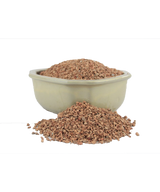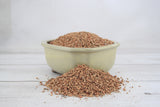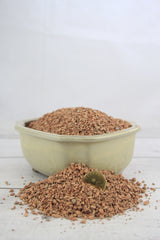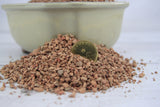This tree is of excellent quality and shipping was seamless . The tree arrived perfectly packaged in a lovely bonsai pot . It’s happily continuing to bloom in my home.
Great packaging and labelled handle with care which was excellent to see the care this company creates for shipping item’s!!








